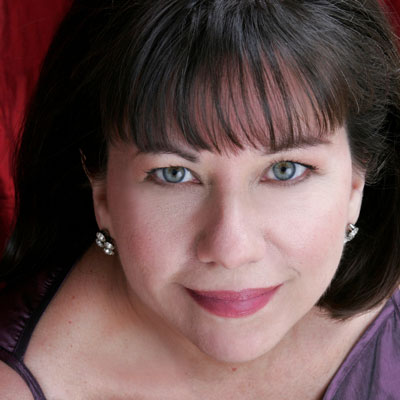 |
||||||||||||||||
| ABOUT US | ||||||||||||||||
|
 |
|||||||||||||||
Key Pianists Concert Series was conceived by Artistic Director Terry Eder in 2015 to fill a niche in New York concert life. “Many wonderful pianists performing with wisdom, insight, sensitivity, and beauty have not had the opportunity to perform often, if at all, for New York audiences. These stellar artists, as well as their audiences, deserve an event to share this extraordinary music-making.” The critically acclaimed concert series presents pianists in repertoire of special significance to them, as developed over time and experience. Critics have noticed the singularity of the series and the special qualities offered by the performers. “A remarkable act of musical and financial philanthropy is taking place in one of New York City’s loveliest jewel-box concert halls, the intimate Weill Recital Hall at Carnegie Hall,” wrote Frank Daykin in the September 14, 2016 edition of New York Concert Review, “The series is known as Key Pianists. Detroit-born pianist Terry Eder had the idea that there were certain pianists of merit who were being passed over, as it were, by the musical system…and they deserve an opportunity to be heard to their best advantage…in an intimate, small hall with clear acoustics and good sight lines." The series returns to Weill Recital Hall at Carnegie Hall with a recital by internationally noted Jenny Lin on December 2, 2023. Ms. Lin’s program includes works by Valentin Silvestrov, Philip Glass, Shostakovich, Stravinsky, Liszt, and Schubert. Pianist Jenny Lin has made a name for herself on the world stage, thanks to her “remarkable technical command,” and “gift for melodic flow.” (The New York Times) The Washington Post has extolled her “confident fingers” and “spectacular technique,” while Gramophone has described has as an “exceptionally sensitive pianist.” Born in Taiwan, raised in Austria, and now living in New York, Ms. Lin was educated in Europe and the United States. She has built an international reputation distinguished by inventive collaborations with many artists and has performed widely with renowned orchestras, including the American Symphony Orchestra, NDR and SWR German Radio Orchestras, the RAI National Symphony Orchestras, and with numerous conductors including Lothat Zagrosek, Jiri Starek, Urs Schneider, Alexander Mickelthwate, Kek-Tjiang Lim, Wen-Pin Chien, Peter Bay, James Bagwell, Celso Antunes, and Daniel Raiskin. She has premiered piano concertos by Stefano Gervasoni, Valentin Silvestrov, Unsuk Chin, and Haralabos Stafyalakis. Ms. Lin has been presented in performances at Carnegie Hall, Lincoln Center, the Kennedy Center, BAM Next Wave, Spoleto USA, the Schleswig-Holstein Festival, and elsewhere. Ms. Lin has a close affinity with Philip Glass, whose Etudes she performs internationally, and which inspired her to embark on a commissioning initiative, “The Etudes Project.” Fluent in English, German, Mandarin, and French, Ms. Lin holds a bachelor’s degree in German Literature from The Johns Hopkins University and studied music at the Hochschule für Musik, and at the Peabody Conservatory. A Steinway artist, she lives in New York City with her family and serves on the faculty of the Mannes College of Music/The New School. Ms. Lin was recently appointed Executive Director of the Manchester Music Festival, effective fall 2023, to begin overseeing its 50th anniversary season. |
||||||||||||||||